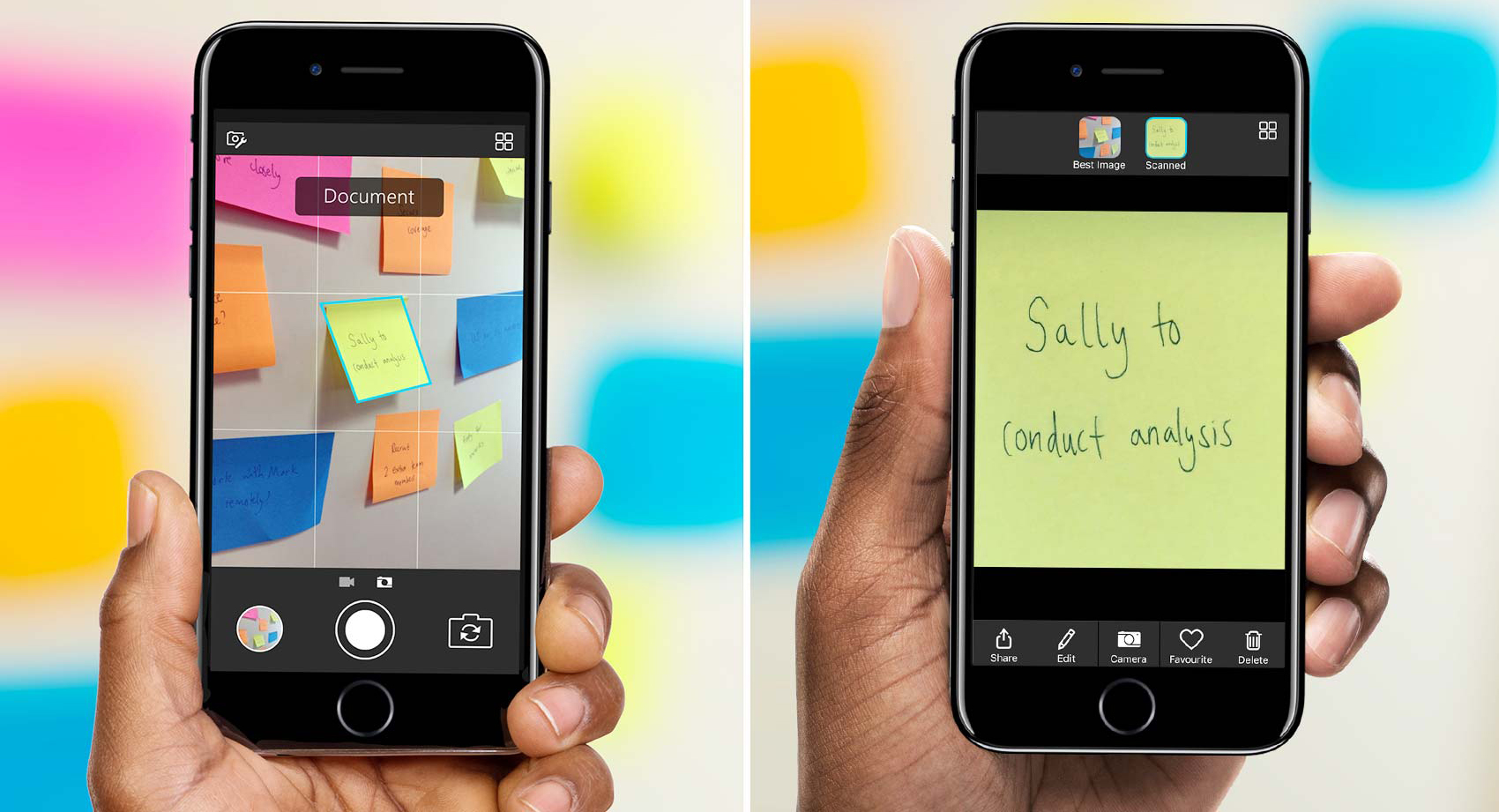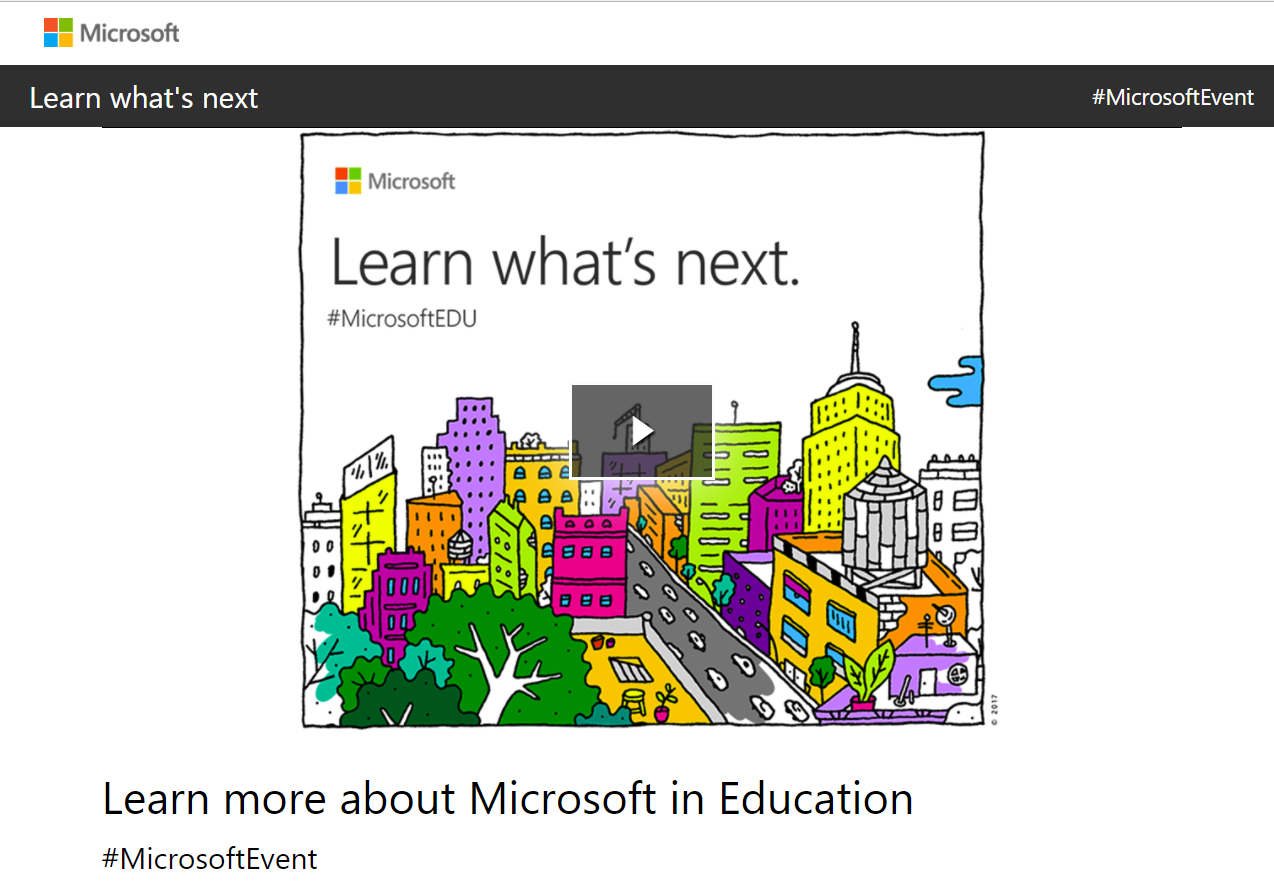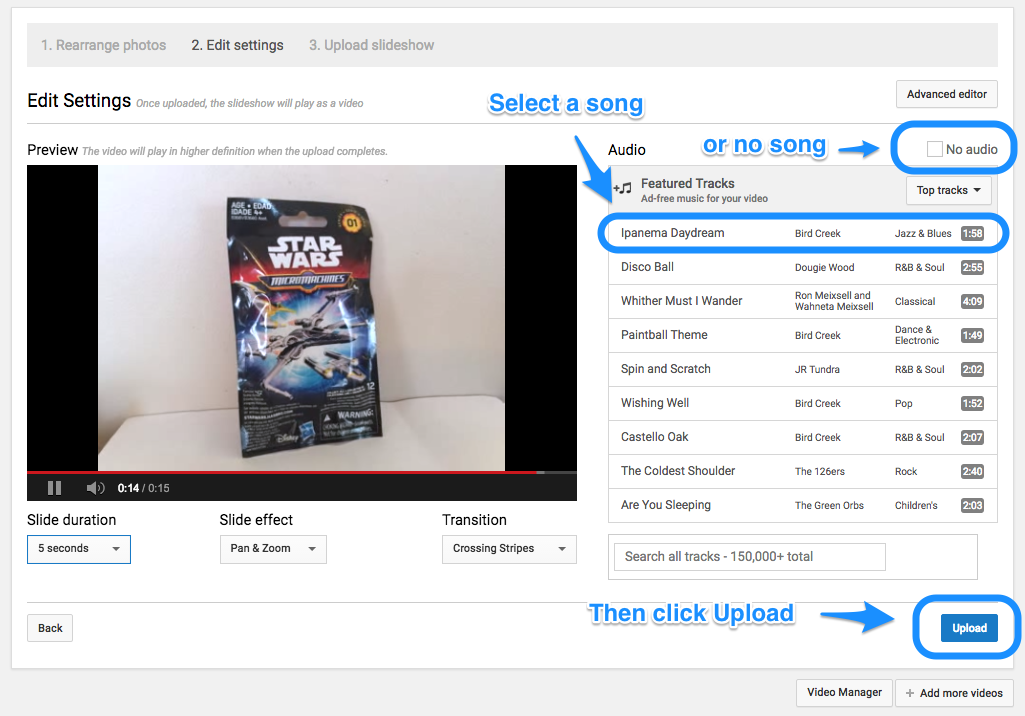13 Ways Teachers Can Hack Their Learning Round Up
Here is the round up of all 13 posts of ways teachers can hack their learning.

We’ve all been through district led PD. Some good, some bad, but not very often is it something that teachers feel personally invested. Daniel Pink put forth in Drive that motivation boils down to three ideas: autonomy, purpose, and mastery. Controlling your own PD hits all three.
1. Blogging
Self-publishing in the 21st century has never been easier. Blogging is a way for teachers to brainstorm, reflect, and share, among other things.
2. Twitter
While Twitter has been searching for a reason to exist, teachers have become quite a force on Twitter. With Twitter you can interact with peers from across town or across the world.
3. Participate in a Twitter Chat
Besides interacting with others one on one with Twitter, you can also take part in a Twitter chat. Using a hashtag, conversations can form on Twitter around specific topics.
4. Online courses
Online courses aren’t just for students, there are many ways teachers can take an online course to increase their knowledge and get experience. Depending on your school district and local professional development committees, you can probably get credit from online courses for licensure renewal. Courses can run the gambit from purely technical to completely educational. And the best part is that there are a lot of classes that are free or pretty inexpensive.
5. Reading
No, I’m not being ironic. Reading is a pretty popular activity in the United States, with over 75% of adults having read at least one book in the last year. As school teachers, we get caught up in all of the reading we do for our job and forget about making time for non-job related reading.
6. Form a reading group
Several of the tips I’ve posted have involved collaboration of some sort, like blogging or Twitter chats. A reading group is a great way to not only read something like George Couros’ The Innovators Mindset but to also gain insight that you may have missed. There are additional benefits to joining a book club.
7. Use RSS to keep up with websites
Keep up with your favorite websites using RSS.
8. Listen to Podcasts
In its simplest form, a podcast is an audio or video file in an RSS feed that you can subscribe to with a podcast client. Although the name started out as a take on the iPod, it has nothing to do with iPods or iPhones or iAnything.
9. Attend an Edcamp
There are several types of conferences that you can attend, and one of the most interesting is an Edcamp. Dubbed the “unconference”, an Edcamp is a participant led conference where only a loose outline of the day’s activities is planned. Sessions are scheduled by the participants during the start of the Edcamp. Anyone can lead a session, and, more importantly, anyone can add a session about something they want to learn more about. For example, if you are interested in blended learning in the kindergarten classroom, add it as a session. The attendees of that session can discuss the topic, and hopefully learn more about it.
10. Attend a Maker Faire
Maker Faires are a place where most of the activities are hands on, and the experiences are different from almost any other type of conference or fair that you can attend.
11. Present at a conference
One of the best ways to learn is to share and help others learn. This is only of the tenets of teaching, but once we become teachers, we kind of forget about sharing and teaching our peers. You may feel like you have nothing to add to the conversation, but that’s wrong. Everyone has something to add, they may have a unique perspective that no one has thought of before.
12. Eating healthy and exercising
Two of the best things you can do for yourself are to eat healthy and exercise. You will have more energy, feel better, and less likely to get sick.
13. Getting enough sleep
From a motivation point of view, this is the easiest hack on the list. Practicality, however, gets in the way. Starting in August, teachers start to become more and more sleep deprived. They may not notice it, but it’s there. You’ll see the signs during the day: coffee consumption, crankiness, hunger, yawning, spacing out, and forgetfulness are just a few.





